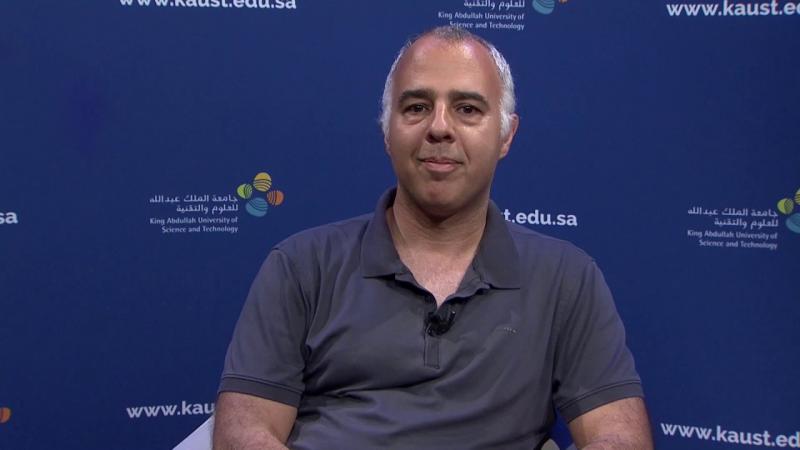Abstract
Mean-field games (MFGs) study the behavior of rational and indistinguishable agents in a large population. Agents seek to minimize their cost based upon statistical information on the population's distribution. In this dissertation, we study the homogenization of a stationary first-order MFG and seek to find a numerical method to solve the homogenized problem. More precisely, we characterize the asymptotic behavior of a first-order stationary MFG with a periodically oscillating potential. Our main tool is the two-scale convergence. Using this convergence, we rigorously derive the two-scale homogenized and the homogenized MFG problems. Moreover, we prove the existence and uniqueness of the solution to these limit problems. Next, we notice that the homogenized problem resembles the problem involving effective Hamiltonians and Mather measures, which arise in several problems, including homogenization of Hamilton--Jacobi equations, nonlinear control systems, and Aubry--Mather theory. Thus, we develop algorithms to solve the homogenized problem, effective Hamiltonians, and Mather measures. To do that, we construct the Hessian Riemannian flow. We prove the convergence of the Hessian Riemannian flow in the continuous setting. For the discrete case, we give both the existence and the convergence of the Hessian Riemannian flow. In addition, we explore a variant of Newton's method that greatly improves the performance of the Hessian Riemannian flow. In our numerical experiments, we see that our algorithms preserve the non-negativity of Mather measures and are more stable than related methods in problems that are close to singular. Furthermore, our method also provides a way to approximate stationary MFGs.
Brief Biography
Xianjin Yang received his Master degree in Applied Mathematics from KAUST in 2016. He continues to study in KAUST as a PhD student and is currently a PhD candidate in AMCS under the supervision of Prof. Diogo A. Gomes.

